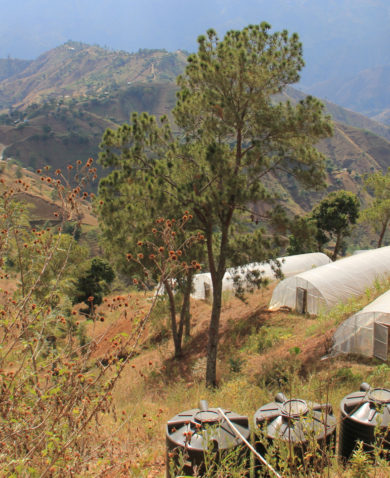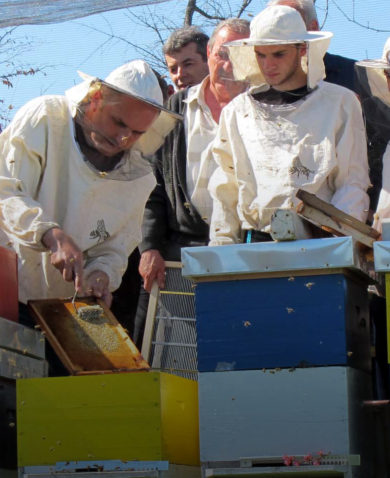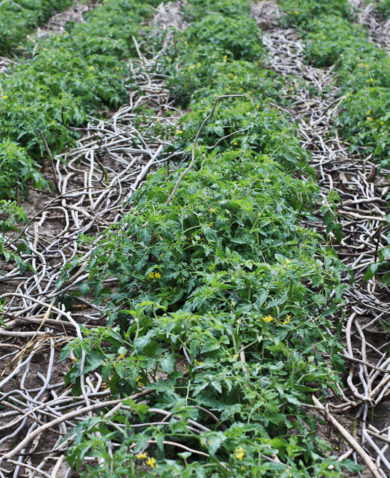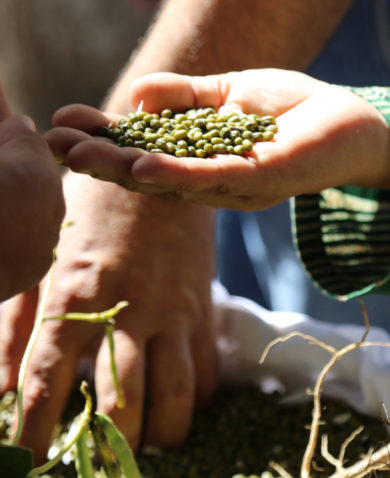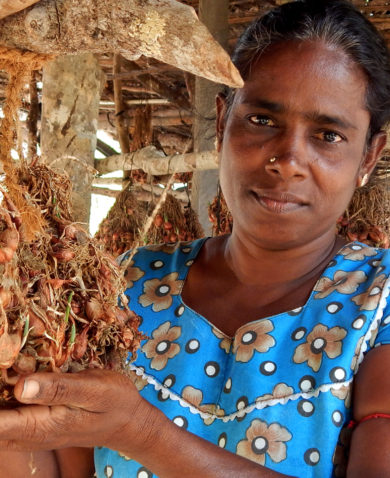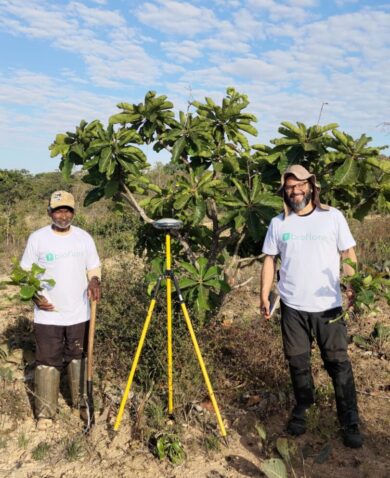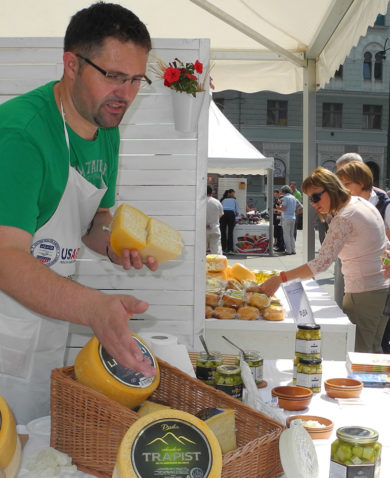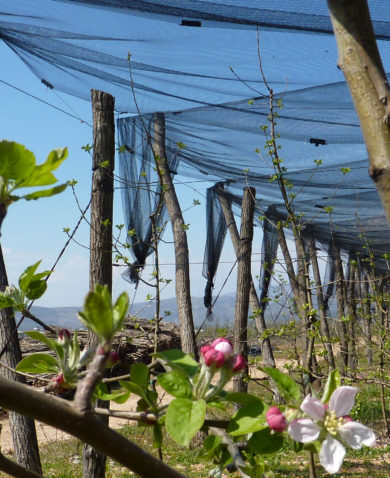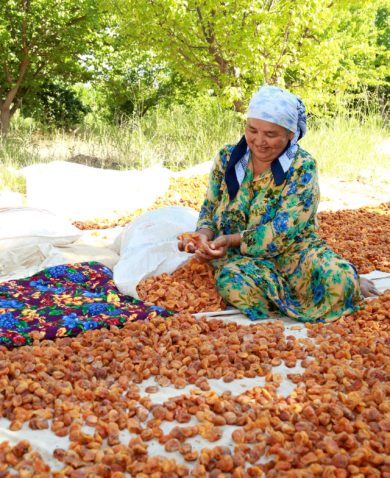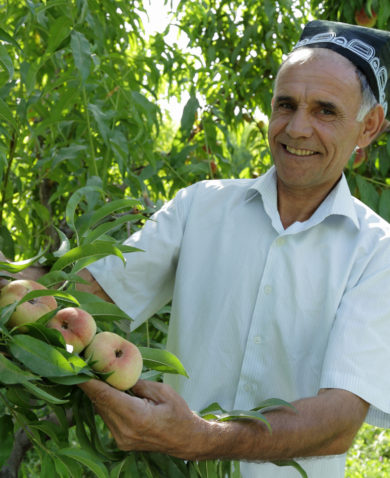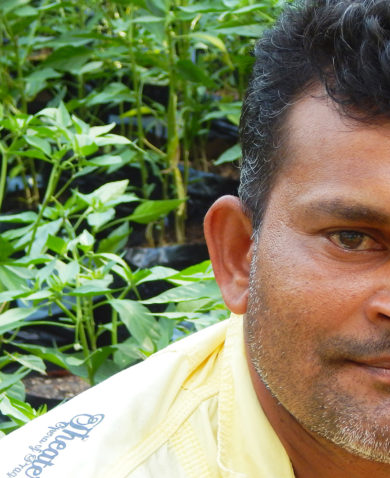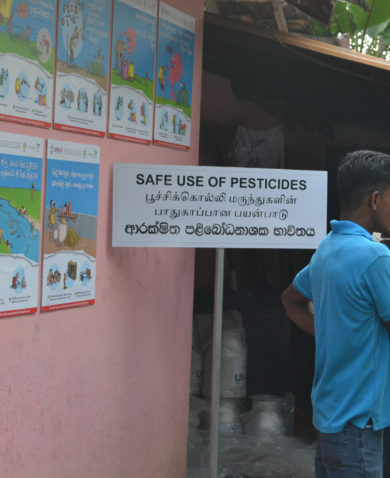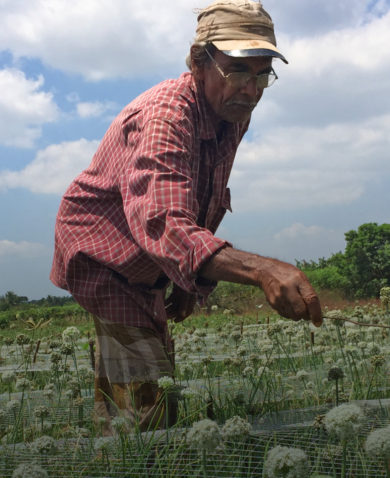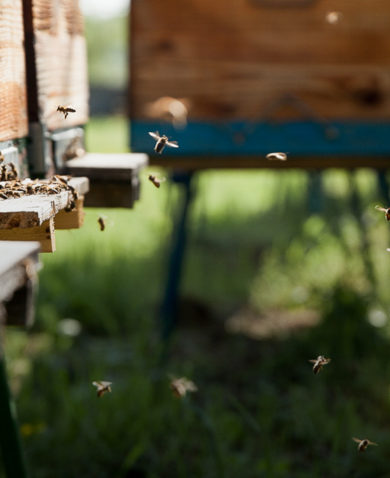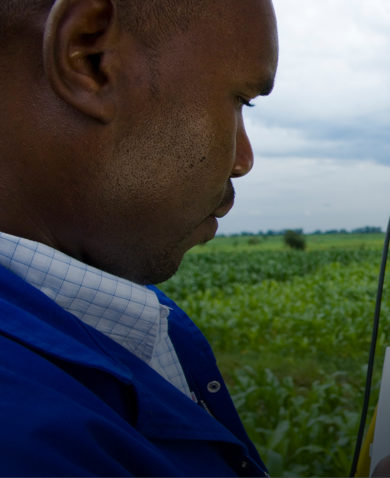
Chemonics News
News: USAID Administrator Rajiv Shah Visits Chemonics Project in Haiti
December 18, 2014 | 2 Minute ReadUSAID Administrator Rajiv Shah and U.S. Ambassador Pamela A. White visited a Haitian food court where Chemonics has helped food vendors transition completely to propane cook stoves, lowering CO2 emissions, pressure on Haiti’s forests, and energy costs.
On December 15, 2014, USAID Administrator Rajiv Shah, U.S. Ambassador Pamela A. White, and USAID Mission Director John Goarke visited the Société Nationale des Parcs Industriels (SONAPI) food court, where Chemonics has significantly reduced greenhouse gas emissions and lowered energy costs by making it possible for food vendors to purchase affordable propane gas cook stoves. The visit to the site was part of the administrator’s two-day trip to Haiti to observe the impact of U.S. assistance and reaffirm the United States’ commitment prior to the January 12 anniversary of the 2010 earthquake that destroyed much of the country.
During the visit, Administrator Shah and Ambassador White met with Bernard Schettini, SONAPI’s general director; Michelet Fontaine, Chemonics’ chief of party on USAID’s Haiti Improved Cooking Technology Program (ICPT), the program that led the conversion to propane; and other project and USAID mission staff. They also watched one of the SONAPI food vendors, Anne Rose Tresjuste, demonstrate the use of one of the new stoves.
Reliance on charcoal and wood to meet energy needs is a major driver of air pollution, respiratory disease, and deforestation in Haiti. Before converting to propane cook stoves, the vendors at the SONAPI food court used charcoal to prepare daily meals for 12,000 to 13,000 factory workers. Each week, they burned 10 metric tons of charcoal. The conversion to propane made possible by USAID and Chemonics under ICTP has eliminated charcoal use in the food court. In the last 80 weeks, the conversion has prevented the burning of 800 metric tons of charcoal and 5,000 tons of wood, reducing CO2 gas emissions by 5,000 tons. During the same period, food vendors have saved $170,000 in cooking energy costs.
Chemonics and USAID have widely promoted clean cooking solutions in the metropolitan area of Port-au-Prince. As a result of awareness and education campaigns under ICPT, more than 75,000 Haitian households have purchased new propane gas stoves or ovens, and more than 32,000 have bought improved biomass cook stoves that use about 30 percent less charcoal than traditional stoves. Over the three-year life of the program, which will close in January 2015, Chemonics and USAID reduced CO2 emissions by more than 752,000 tons and charcoal use by more than 110,000 metric tons. In addition, use of cleaner cooking solutions saved Haitians more than $11 million in cooking energy costs.
According to Mr. Fontaine, Chemonics’ work with the importers of propane gas burners and other stove parts was critical to the success of the program because it increased production of commercial propane gas stoves while reducing their cost by more than 75 percent.
“The success of this program rests on its market-based approach, whereby no subsidies were provided to reduce stoves prices,” he said.
As Devex reported, Shah’s visit is “a fitting bookend to his tenure as administrator,” since the 2010 earthquake was one of his first challenges as USAID administrator. In the last five years, Haiti has transitioned from a period of emergency disaster assistance to long-term development. With the support of international donors like USAID, the Haitian people have made significant progress in areas like food security, health, and economic development.







